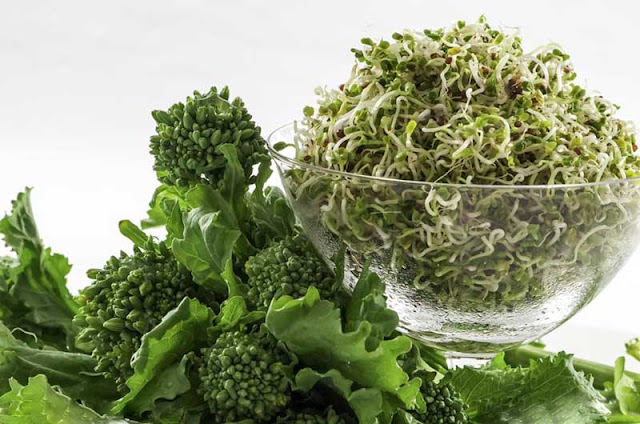Cancer has been on the rise in recent years, with statistics from the American Cancer Society (ACS) estimating a grand total of more than 1.7 million new cancer cases in the US. Researchers from the ACS found that at least 42 percent of these newly diagnosed cancer cases – about 740,000 – are avoidable. This includes the 19 percent of cancers caused by smoking and 18 percent caused by a combination of excess body weight, high alcohol intake, poor nutrition and lack of physical activity. Certain lifestyle changes help reduce the risk of cancer, but nature can also bring some surprising cancer-fighting benefits that will help you stay healthy and cancer-free.
Natural Ways To Prevent Cancer
One way to reduce your risk of cancer is through your diet. In fact, maintaining an overall healthy diet is a good line of defense against many health problems, including obesity and cardiovascular disease. Here are some reasons why a healthy diet is a good way to curb cancer:
Decreases inflammation. Recent studies have shown that there is a link between inflammation and cancer progression. According to a study in the journal Nature, many of these cancers can start from a point of infection, chronic irritation and inflammation. Cox -2, for instance, is an enzyme responsible for both increasing inflammation and promoting cancer. This calls for increased awareness of anti-inflammatory foods and supplements to reduce the harmful effects of such compounds. For example, curcumin, the active ingredient of the spice turmeric, is widely known for its potent anti-inflammatory effects used in traditional medicine for hundreds of years. You can also include fatty fish like salmon and tuna in your diet, which is chock-full of healthy omega-3 fatty acids that also possess anti-inflammatory properties.
Prevents DNA damage. Many cancers begin with some sort of DNA damage that triggers the cells to become cancerous. One of the main suspects of DNA damage is oxidative stress caused by the accumulation of harmful molecules known as free radicals. Oxidative stress not only leaves you more vulnerable to cancer but also increases the risk of heart disease and diabetes. You can prevent this by eating foods that are rich in antioxidants, compounds that can combat oxidative stress. These foods include blueberries, pecans, and kale.
Triggers apoptosis. When a healthy cell reaches the end of its existence, it undergoes a process called apoptosis or cell death. Cancer cells, however, work differently. They ignore the signals that trigger this process and keep replicating. Nutrients like curcumin and those found in cruciferous vegetables – namely DIM I3C – can destroy cancer cells and promote their self-destruction.
Prevents metastasis. Cancers, like breast cancer, are often characterized by metastasis or the spread to nearby organs like the lungs, liver and even the brain. Certain nutrients like sulforaphane – found in cruciferous vegetables — can help inhibit the tumor’s ability to spread.
Stops blood vessels from feeding tumors. Once a tumor develops, it needs a steady supply of blood to keep growing. To do so, the body develops new blood vessels. This process is called angiogenesis. There are anti-angiogenic foods that can help inhibit this process. Epigallocatechin gallate (EGCG), which is found in abundance in green tea, is especially effective against angiogenesis.
Blocks abnormal estrogen production. Inhibitors can block the production of estrogen in the body and can lead to some serious side effects. Fortunately, there are plenty of natural ways to regulate your hormones. For example, lignans from flax seeds can bind excess aggressive estrogens present in the body and expel them. The hormone melatonin – found in cherries – can put breast cancer cells to “sleep.”
Stay cancer-free by adopting a healthy, balanced diet full of organic and fresh foods to help you live a much longer and healthier life.
Sources include:
Cancer.org[PDF]
Important Notice: This article was originally published at www.naturalnews.com by Darnel Fernandez where all credits are due.









